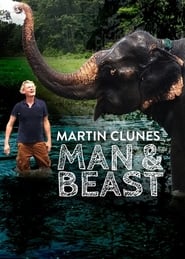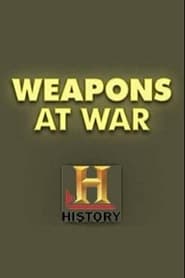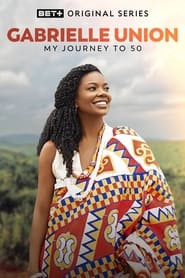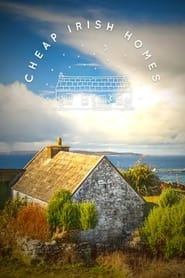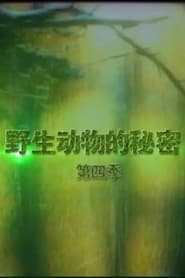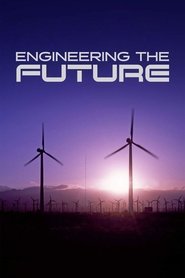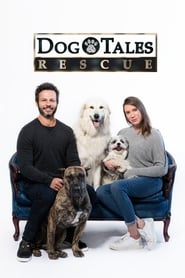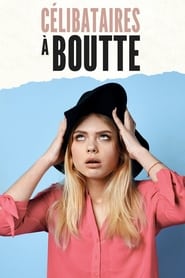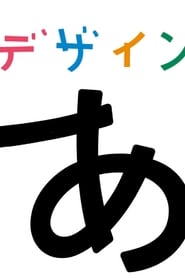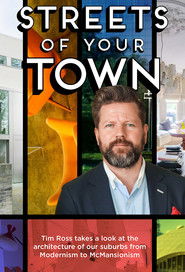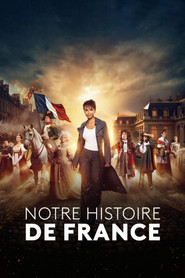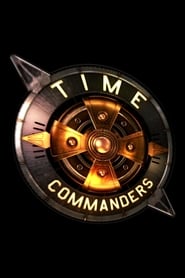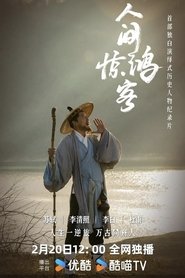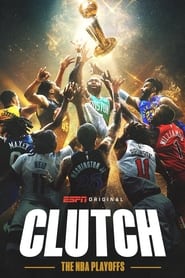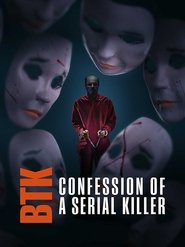Documentary TV Series - Page 331
-
Man & Beast with Martin Clunes
2015
star 7Martin Clunes sets out on an international journey to investigate the extraordinary relationship between man and beast. From birds to bears, and from pets to primates, involving ancient and modern techniques and partnerships, Martin observes humans and animals working side by side in ways that have existed and evolved during hundreds of millennia. -
Weapons at War
1991
-
Gabrielle Union: My Journey to 50
2023
Gabrielle Union is celebrating her 50th trip around the sun with an epic, continental journey that takes us on a personal and collective discovery from the island of Zanzibar to the streets of Ghana, Namibia and South Africa! -
Cheap Irish Homes
2020
Cheap Irish Homes
2020
star 7Maggie Molloy is on a mission to find Ireland's cheapest homes; she meets buyers with an open mind who are not afraid of a bit of work, and shows them properties they never thought were within their reach. -
Wild Secrets
2009
Wild Secrets
2009
-
Engineering the Future
2019
star 4.5An engineering revolution is underway, driven by dedicated individuals who are building extraordinary machines that will change our lives. -
Dog Tales Rescue
2018
Dog Tales Rescue
2018
The day-to-day operation of Dog Tales Rescue and Horse Sanctuary, a one-of-a-kind animal rescue and horse sanctuary in King City, Ontario. -
Ali Al- Zebak
1985
Ali Al- Zebak
1985
-
Célibataires à boutte
2020
This documentary series exposes the quest of Olenny Pelletier, an interpersonal relations specialist who takes an interesting look at celibacy in 2020. The show follows five young, single women who collect failures in romance and hope to find their soul mate. -
デザインあ
2011
デザインあ
2011
star 10A show about the process of design, as well as how things are designed and made in Japan. -
Streets of Your Town
2016
Streets of Your Town
2016
A look at the aesthetics of our suburbs. Tim Ross – comedian, broadcaster and aficionado of the Modernist era – is tour guide for this very personal journey exploring how and why our suburbs look the way they do. Travelling the country gaining unprecedented access to some of our most epic homes, meeting their owners, peeling back their history and revelling in their beauty Tim poses the question: from Modernism to McMansionism – how did we get here? -
Time Commanders
2003
Time Commanders
2003
star 8.3Contest in which teams fight each other in virtual reruns of the world's greatest battles. -
人间惊鸿客
2025
人间惊鸿客
2025
-
Clutch: The NBA Playoffs
2024
An in-depth look at the 2024 NBA Playoffs on and off the court featuring Zion Williamson, Tyrese Maxey, Jalen Brunson, Tyrese Haliburton, P.J. Washington, Jaylen Brown, and others. -
Don't Stop Movin'
2002
Don't Stop Movin'
2002
A 9-part docuseries following a British pop band S Club 7 during their 2002 Carnival Tour. Starting with tour rehearsals, it shows the group dealing with a hectic day-to-day life of being a pop star, performing live at night while promoting their music and giving interviews during the day. Each episode is narrated by an S Club member. -
BTK: Confession of a Serial Killer
2022
star 6.7Features conversations with serial killer Dennis Rader from a Kansas maximum security prison, to examine his crimes and psyche.
